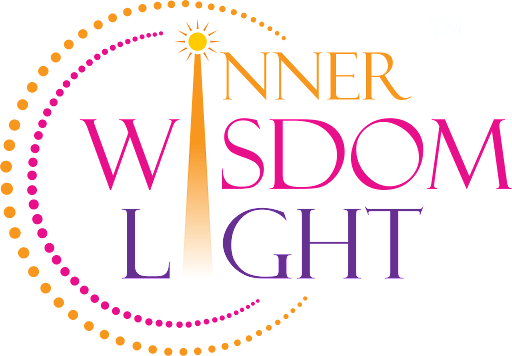
Distinctive Features of Angelic Healing and Reiki
In the realm of holistic and spiritual Healing, various modalities are gaining popularity, offering unique approaches to promoting well-being and inner harmony. Two such practices, Angelic Healing and Reiki, have been instrumental in guiding individuals towards physical, emotional, and spiritual balance. Inner Wisdom Light, a trusted name in the field of holistic wellness, is committed to helping you comprehend the essential differences between these two transformative healing methods.
1. Source of Healing Energy:
Angelic Healing: Angelic Healing practitioners believe in receiving healing energy from the angelic realm. They channel the healing energy of angels, spirit guides, and higher-dimensional beings to facilitate Healing and transformation.
Reiki: Reiki practitioners tap into universal life force energy. They believe this energy flows through all living things and can be channelled and directed to promote Healing. Reiki does not focus on angelic entities.
2. Practitioner’s Role:
Angelic Healing: In Angelic Healing, practitioners act as conduits for angelic energy, allowing the divine to work through them. They may call upon specific angels or archangels to guide the healing process.
Reiki: Reiki practitioners serve as channels for universal energy, facilitating the recipient’s self-healing process. They do not invoke angelic beings but rely on symbols and techniques to transmit energy.
3. Techniques and Symbols:
Angelic Healing: Angelic Healing often involves prayers, invocations, and visualizations to connect with divine energies. Specific symbols are not typically used in this modality.
Reiki: Reiki incorporates symbols that practitioners learn during their training. These symbols help focus and direct energy to specific areas of the body or situations.
4. Spiritual Beliefs:
Angelic Healing: Angelic Healing is often associated with a strong spiritual or religious component, as it involves working with angels and divine beings. Practitioners may incorporate prayer and faith into their healing sessions.
Reiki: Reiki is generally considered a more spiritually neutral practice. It does not prescribe specific religious or spiritual beliefs and can be integrated with various belief systems.
5. Chakra System:
Angelic Healing: While some Angelic Healing modalities may work with chakras, they do not always focus on the traditional seven-chakra system. Angelic Healing works more holistically, addressing the person’s energy as a whole.
Reiki: Reiki often involves balancing and clearing the body’s seven main chakras to promote well-being and Healing.
6. Training and Certification:
Angelic Healing: Training in Angelic Healing may vary, and certification requirements can differ among practitioners and organizations.
Reiki: Reiki has a structured training system with levels (e.g., Reiki I, Reiki II, and Reiki Master). Practitioners receive certifications after completing each level of training.
While both Angelic Healing and Reiki promote holistic well-being, the primary distinction lies in their approach. Angelic Healing places a strong emphasis on angelic guidance and intuitive insights, whereas Reiki focuses on channeling universal life force energy and balancing energy centres. Each method has unique strengths and can be chosen based on individual preferences and needs.
Inner Wisdom Light, a Reiki Healer in Gurgaon, offers both Angelic Healing courses and Reiki sessions, allowing you to explore these distinctive healing modalities and choose the one that resonates most with your inner wisdom. By understanding the differences between Angelic Healing and Reiki, you can make an informed decision on your path to spiritual and emotional growth.



